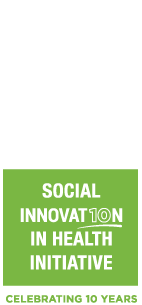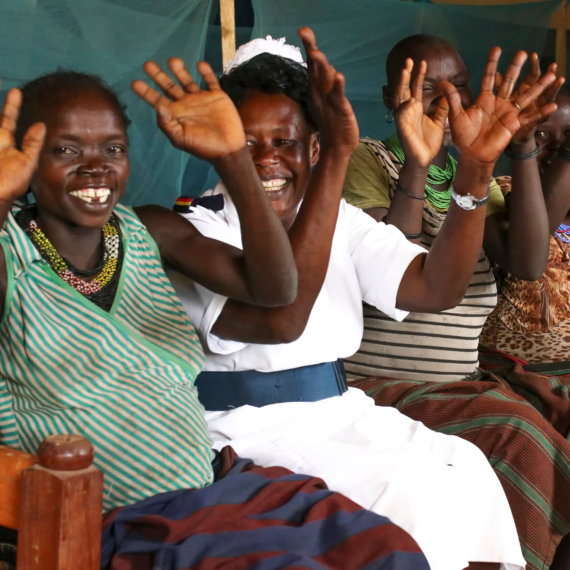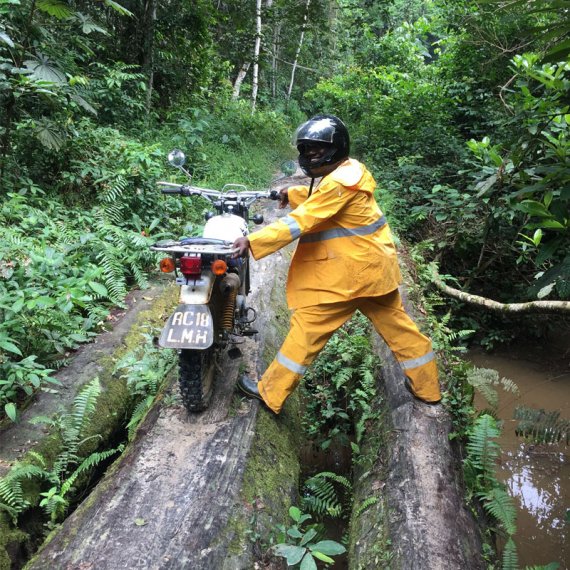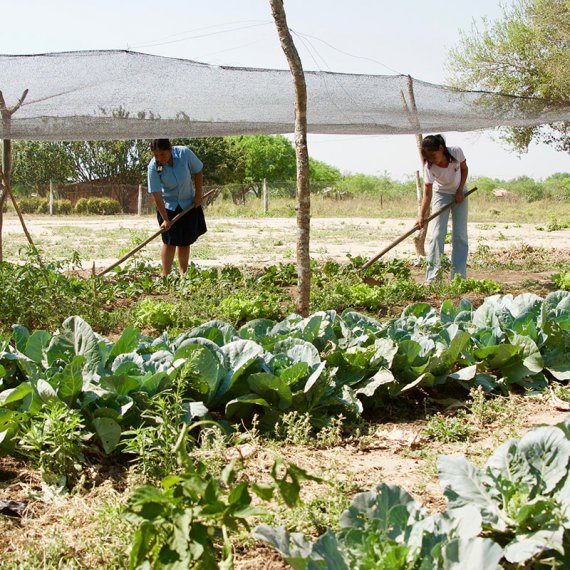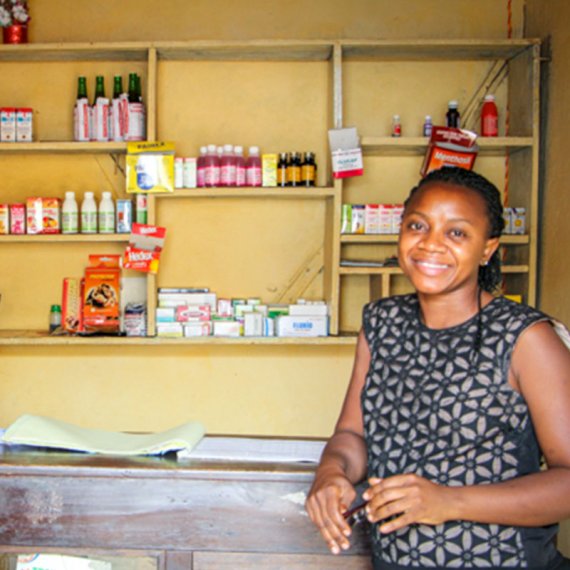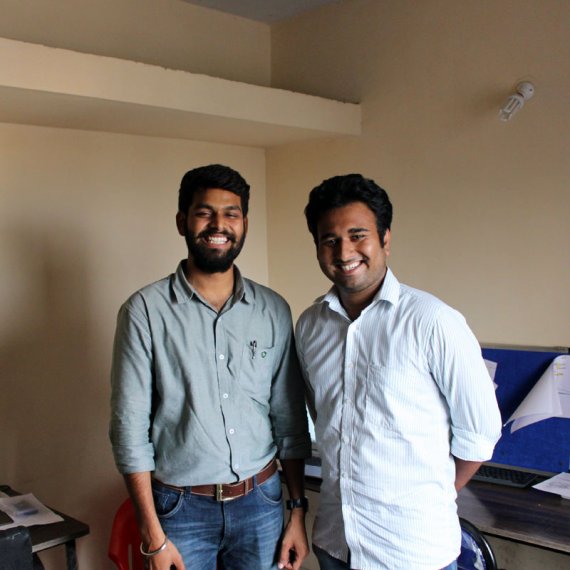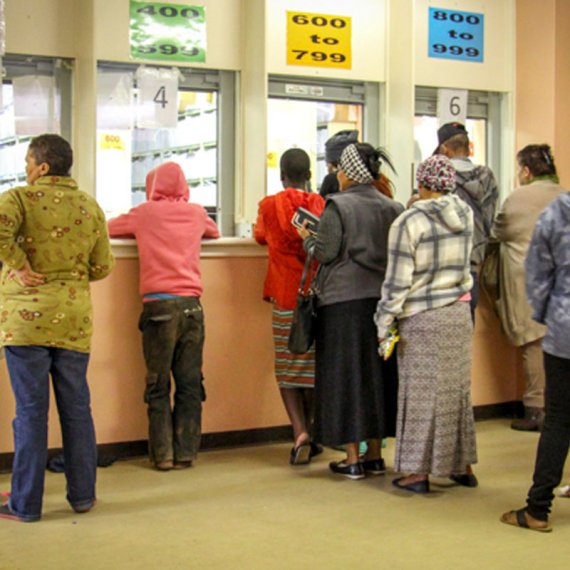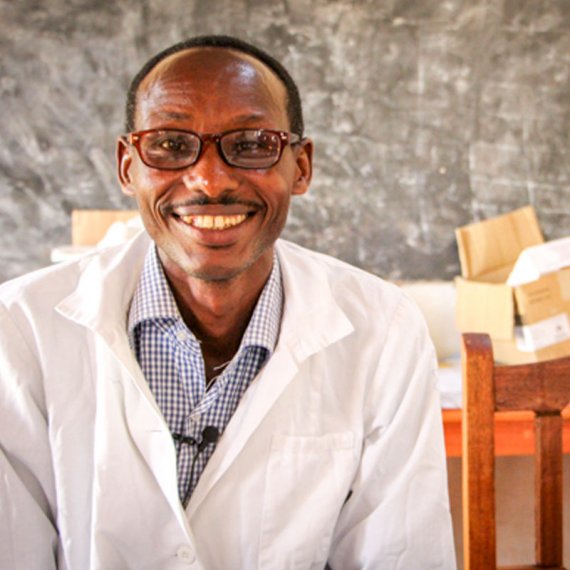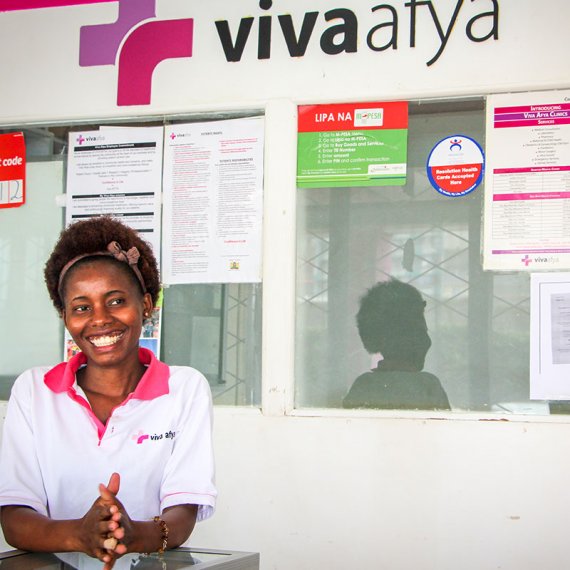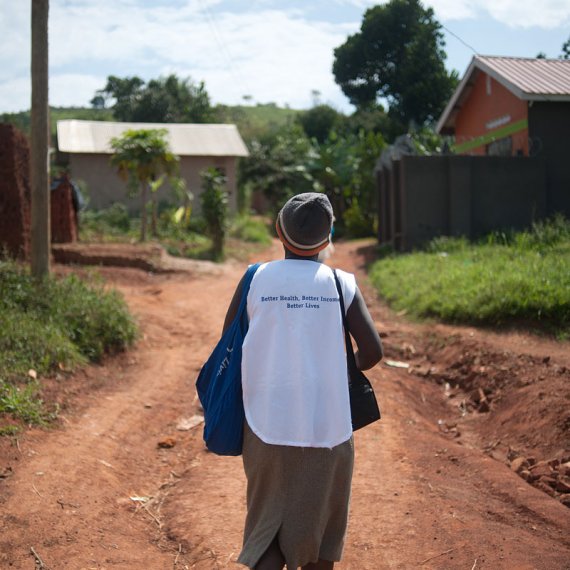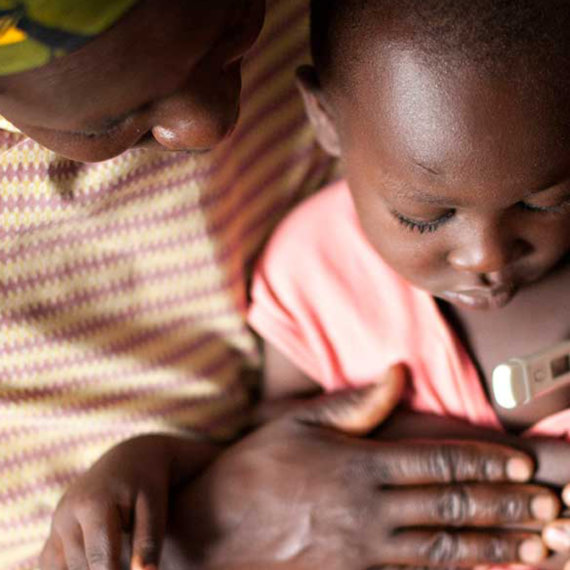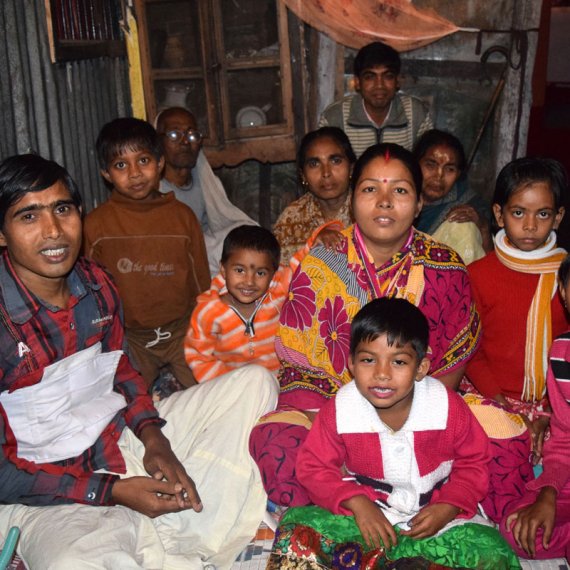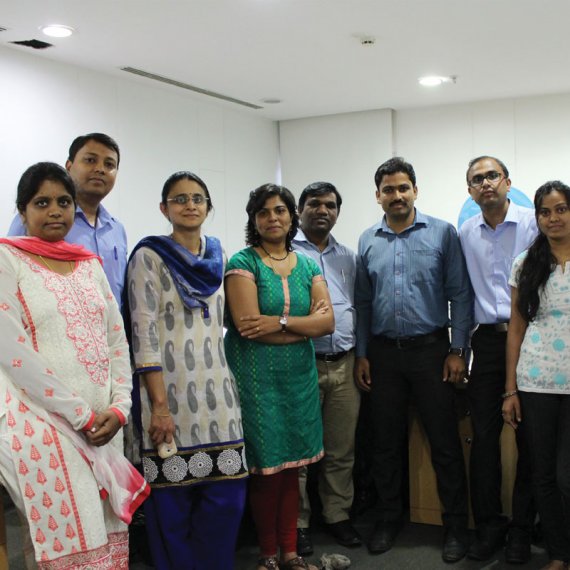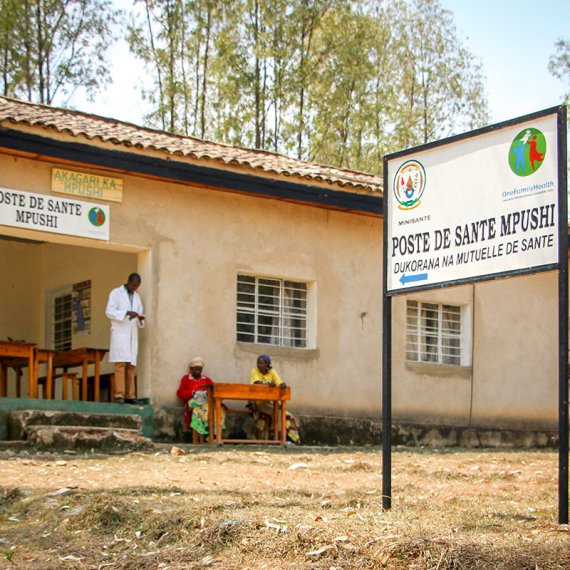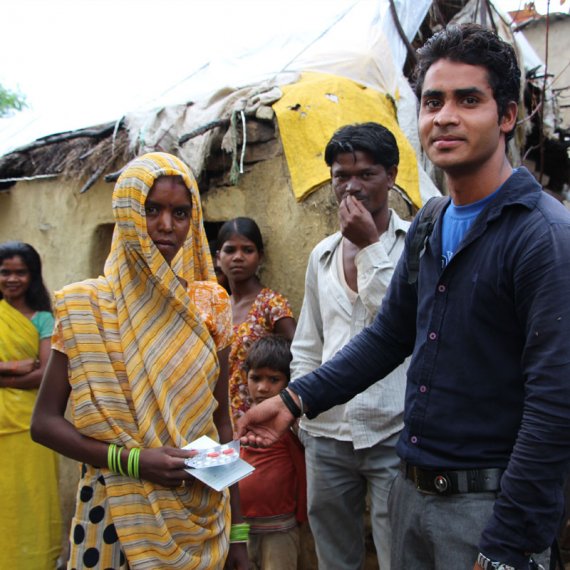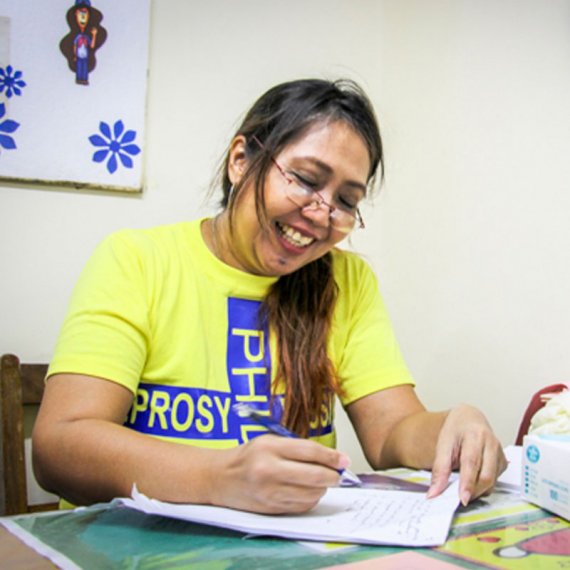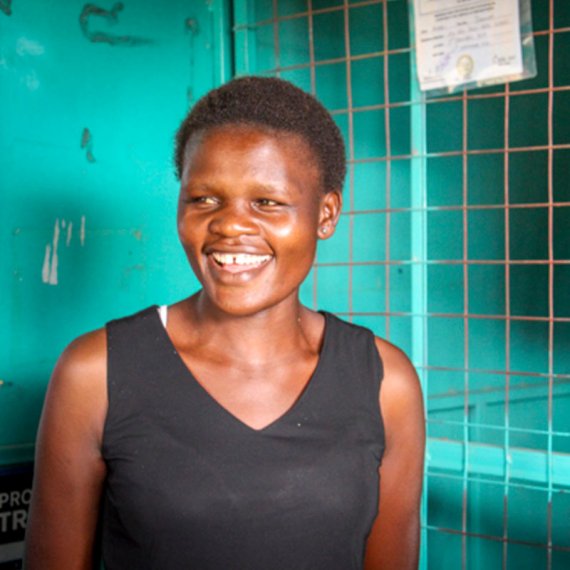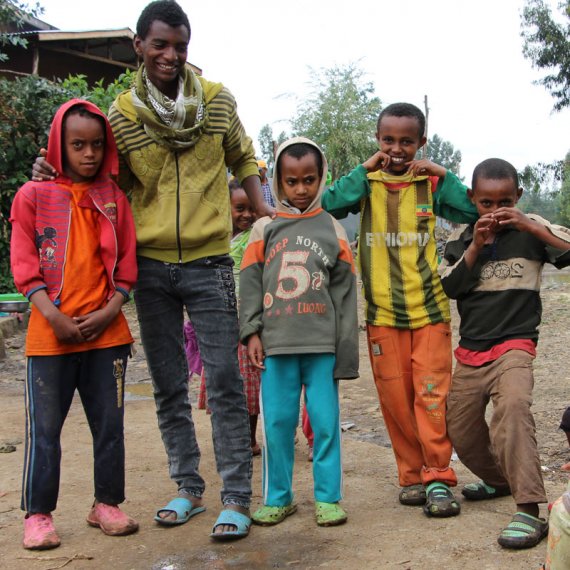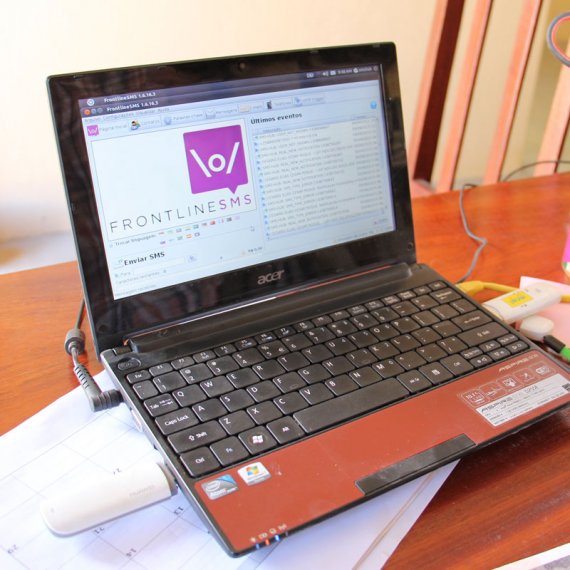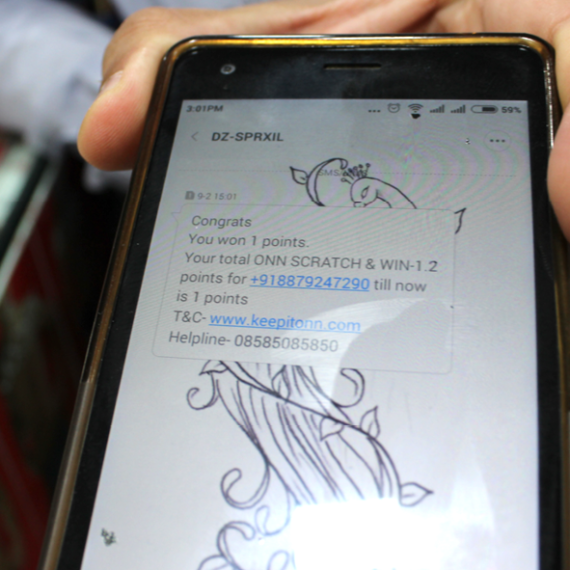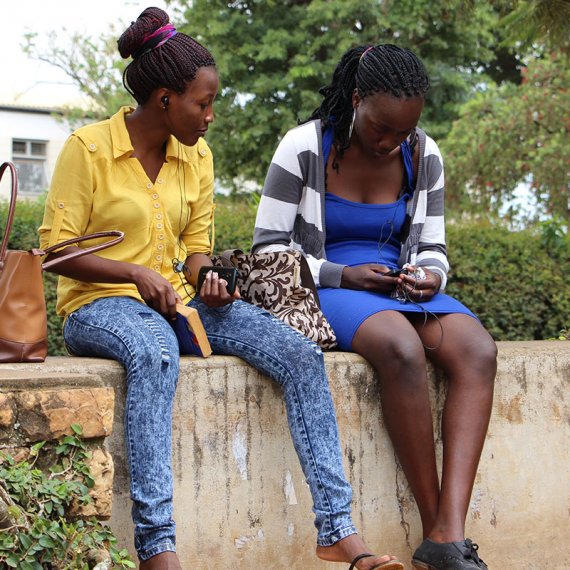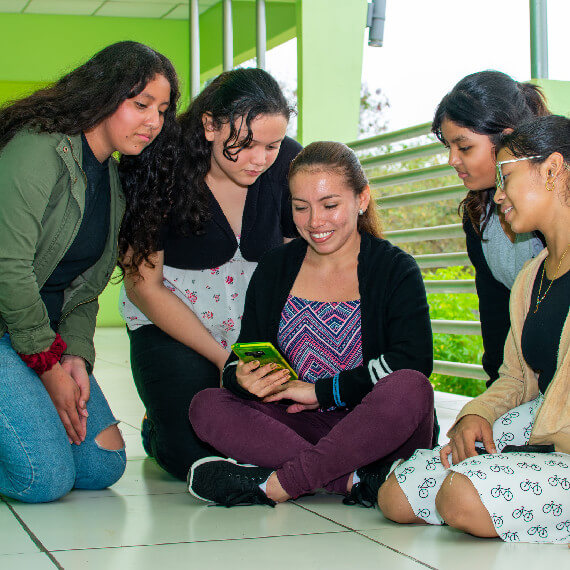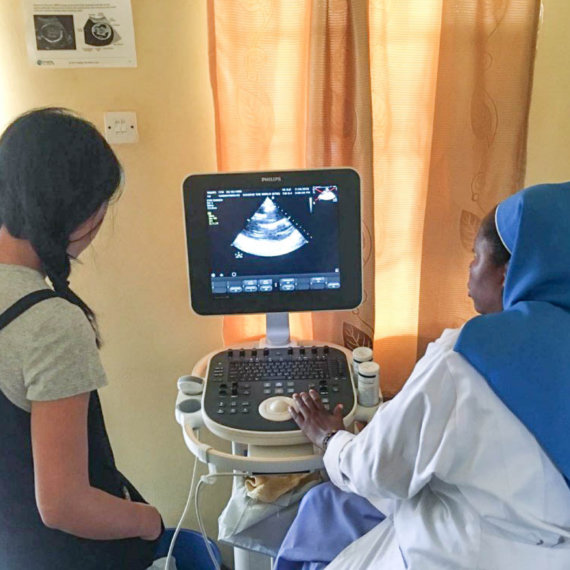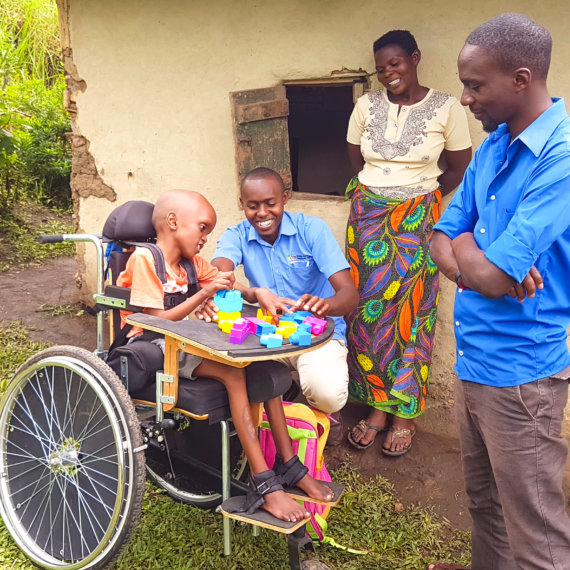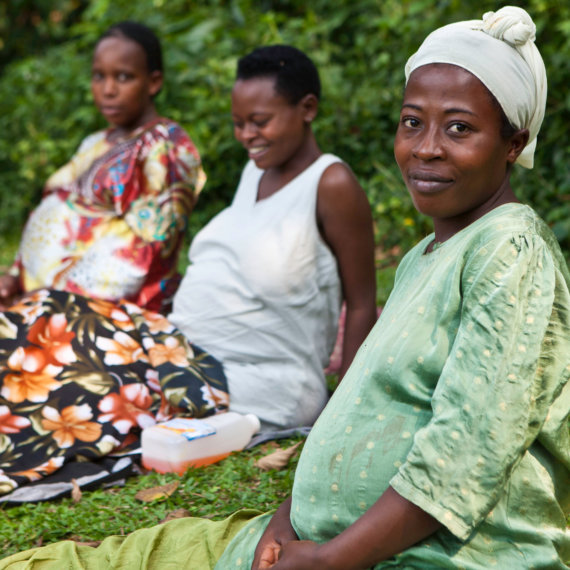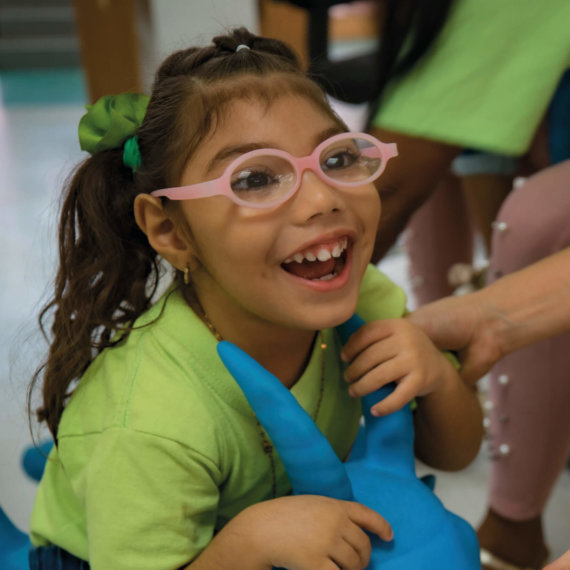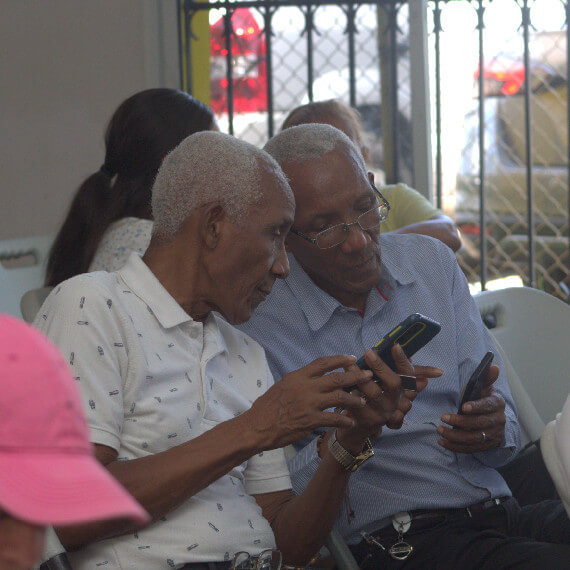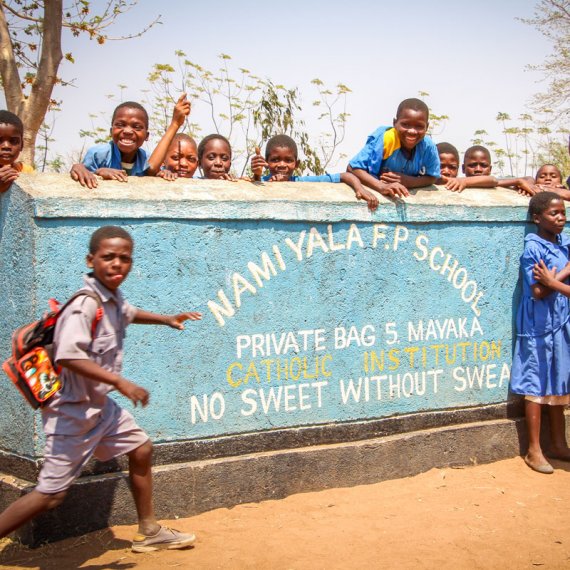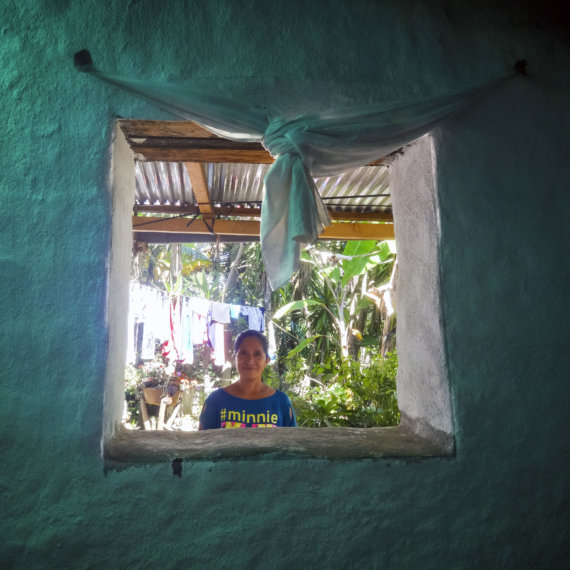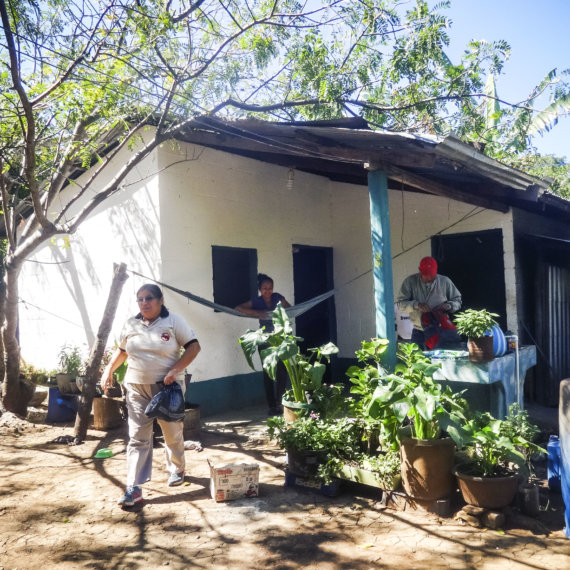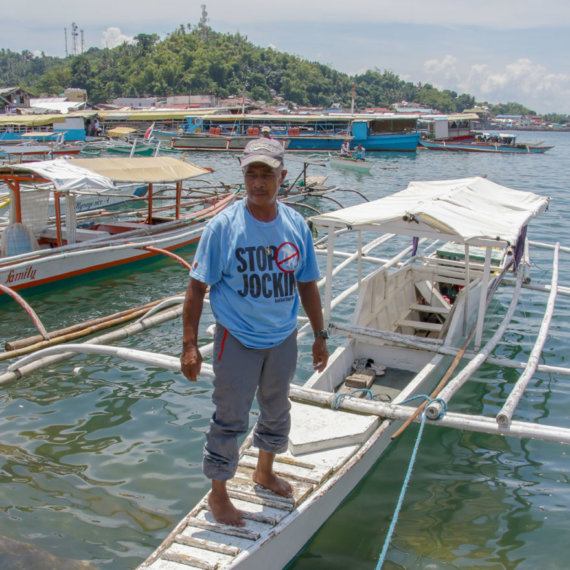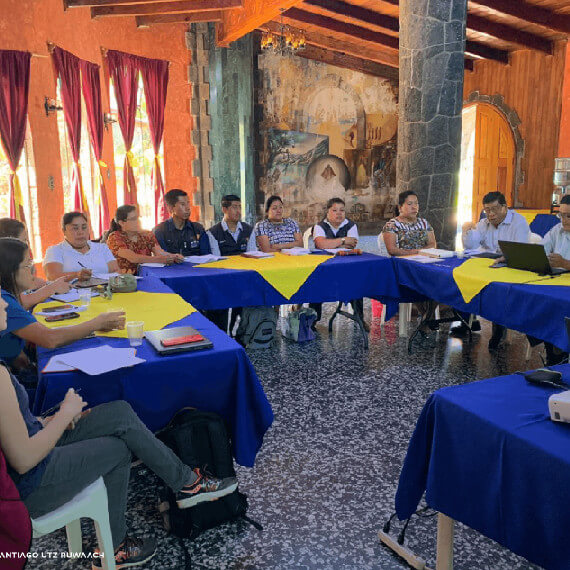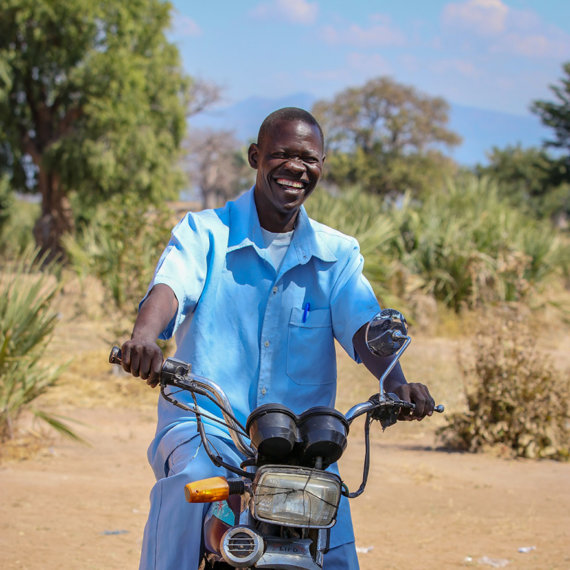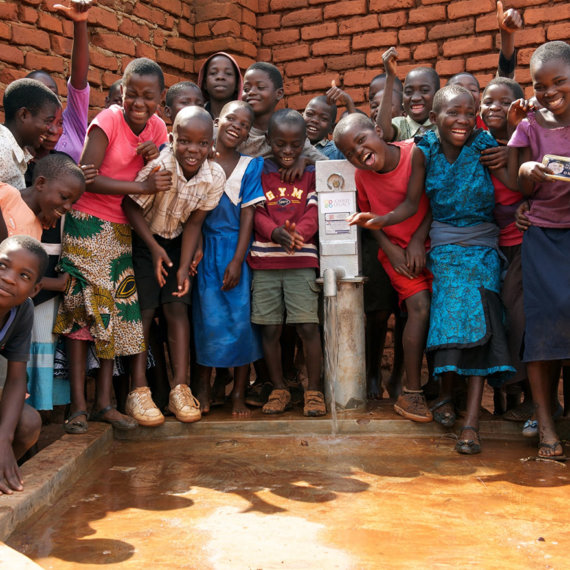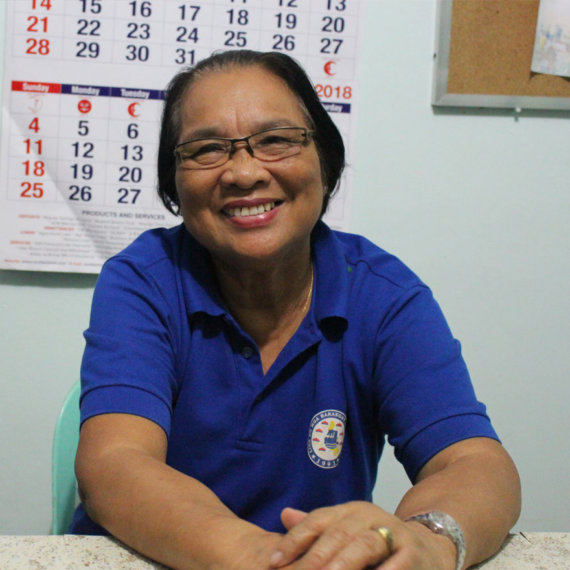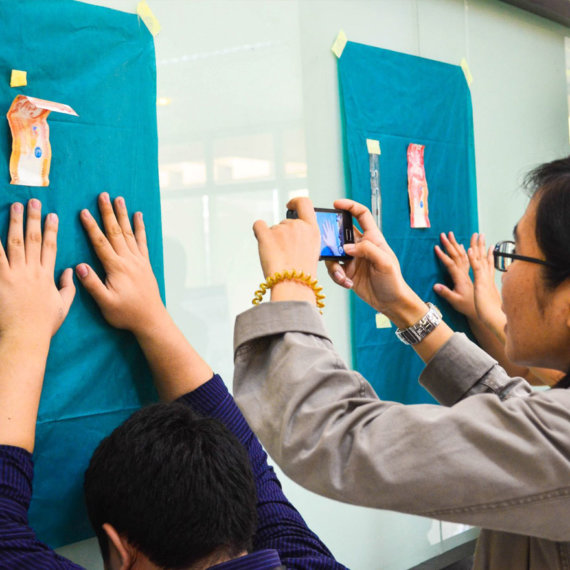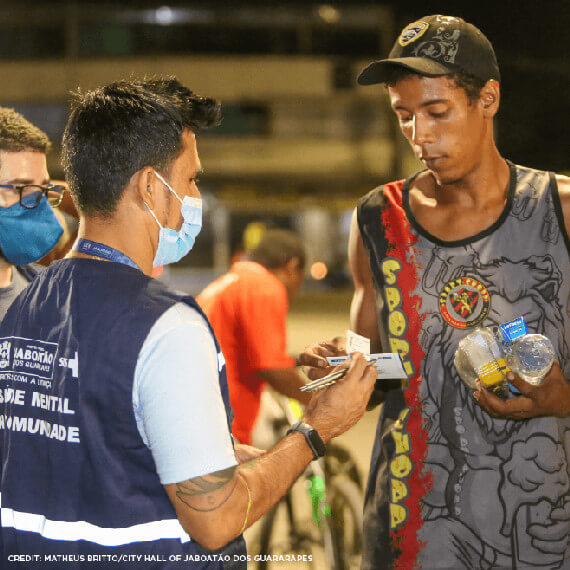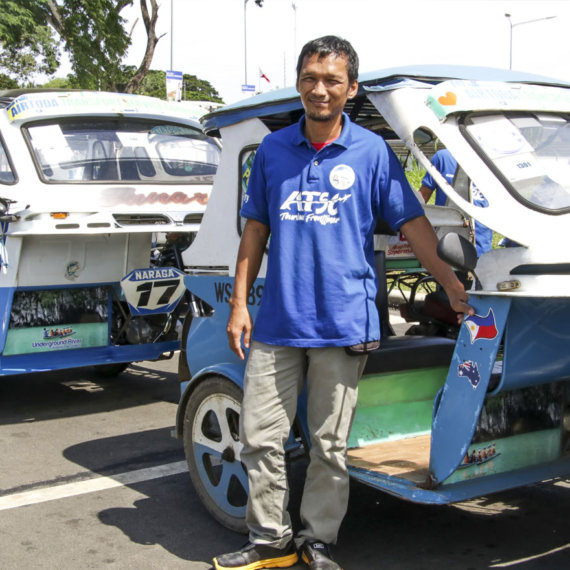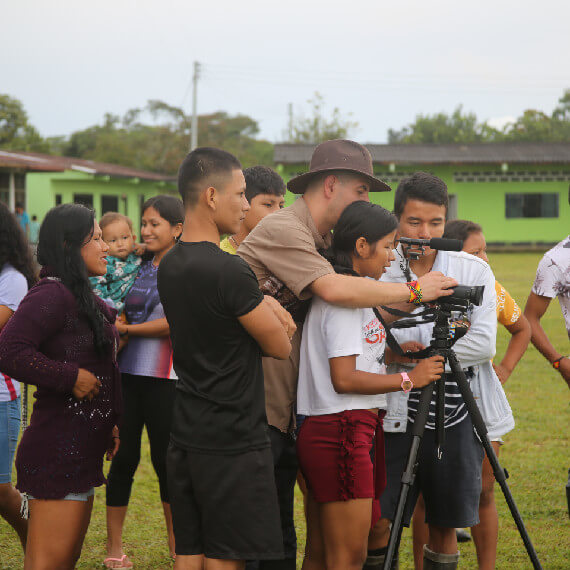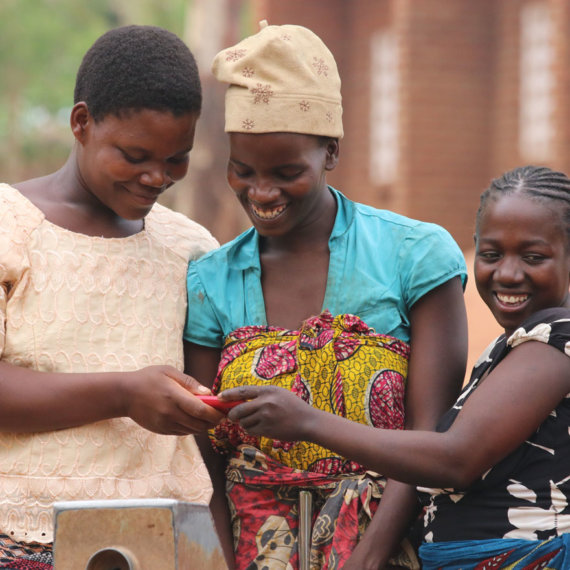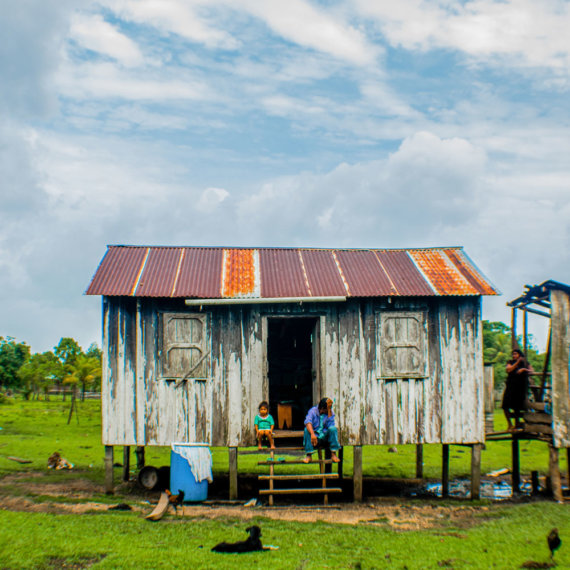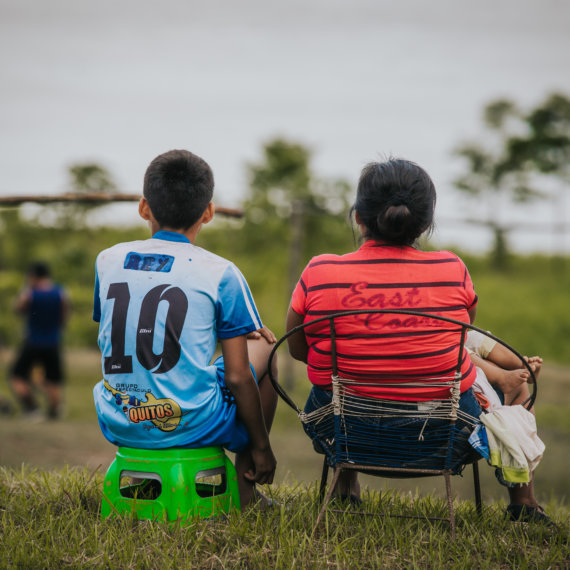Kyaninga Child Development Centre
KCDC aims at creating equal opportunities for children living with disabilities through utilizing a holistic approach that ensures multi-stakeholder engagement in management and care of children with disabilities.
CONTINENT
Africa

Country
Uganda
Location
Kabarole District
Founding year
2014
Organizational structure
NGO, Social Enterprise
Health focus
Child Health
Actors Involved
Community, Patients
Programme Focus
Service Delivery, Community Mobilisation, Training, Education
Health System Function
Service Delivery, Human Resources for Health
CHALLENGE
In Uganda, more than 12% of children are living with disabilities, with 9,349 children (2-17 years) in Kabarole district. Communities associate disabilities with negative socio-cultural myths which promote discrimination of families with disabilities and discourage affected families from seeking health care for their children. In addition, there is poor understanding of disability among healthcare workers and there are very few trained therapists to provide adequate therapeutic and rehabilitation services. Despite the existence of some therapy centres which provide services, the travel and treatment costs often prohibit families from seeking care. Majority (85-90%) of the families that KCDC supports live in extreme poverty, surviving on less than $2 a day, and so do not have sufficient income to support the high costs of caring for children with a disability (CWD). CWDs also have disproportionately unequal opportunities for other basic needs, for instance in Uganda, over 90% of the children are enrolled into primary school, yet only 9% of CWDs are enrolled into primary school. 40% of the children that KCDC works with have cerebral palsy, 21% have developmental delay, 13% have severe speech/language difficulties and of all these children, 27% have severe malnutrition and 25% have a form of epilepsy.
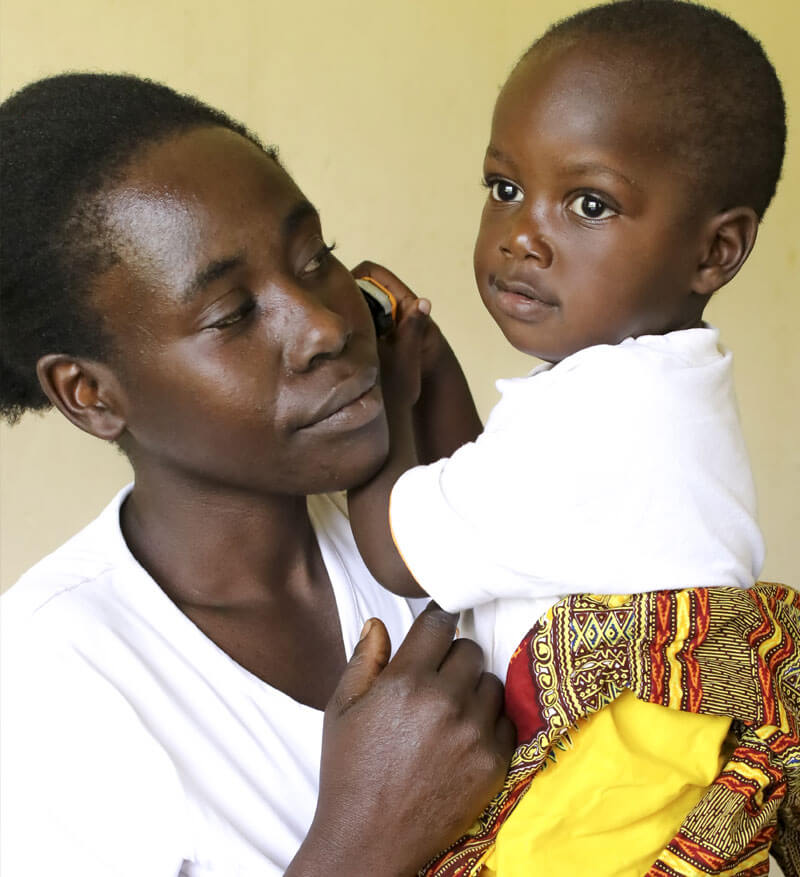
“TThe relationship (with the local community) is really good because we are having clients who are being referred to us from people around and for example with other organizations like schools, other health centres. We are really working in partnership with them because they send us children, we go to their centres to do our work from there and some of our work, we do from churches. So the relationship is really good and people are appreciating that is why they have been referring children to us.”
– Golden Charlotte, KCDC Orthopaedic Officer
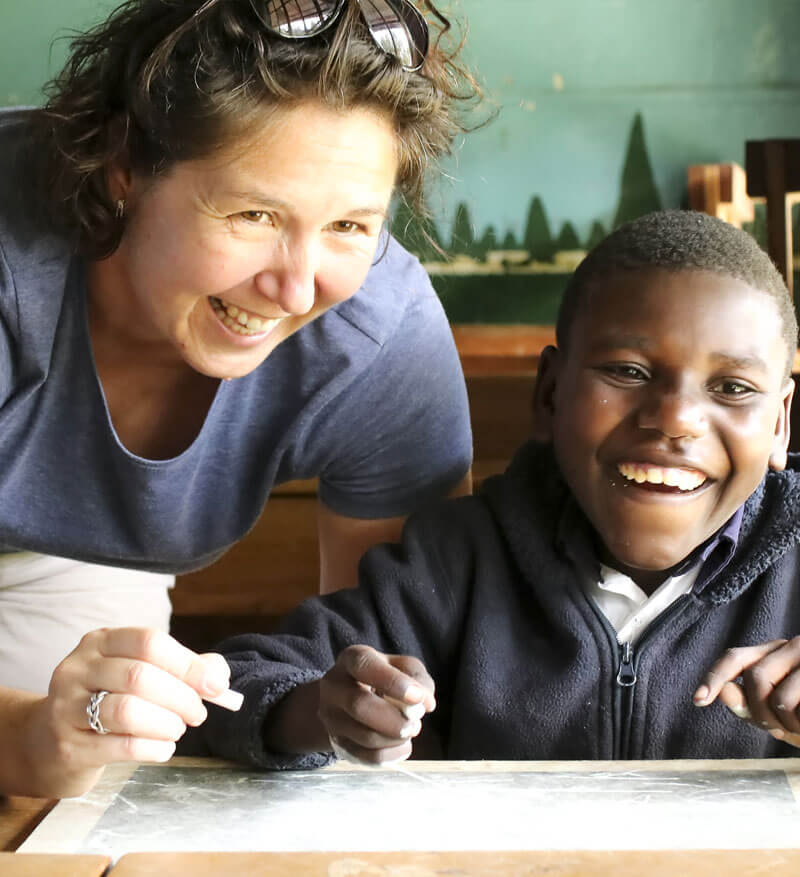
INTERVENTION
KCDC provides an innovative and holistic approach to address a wide range of challenges facing children with disabilities. Community members including caregivers, school teachers, healthcare workers, community workers, and community organisations are trained and engaged in management of disabilities. KCDC provides free training to organisations and community workers in disability awareness and management, and receives referrals regularly from these organisations, which can lead to joint home visits and collaboration between services provides. KCDC organises inclusive sports activities that enable children with disabilities and their families to participate and share experiences as a strategy for reducing stigma. The sports events are also a fundraising opportunity where money is raised to support the organisation in meeting the needs of CWDs. The organisation started a business school training section, where women are equipped with entrepreneurship and business skills which can capacitate them to start small businesses to enable them to take care of their children and sustain their families. KCDC regularly arranges community-based therapy and rehabilitation services to make care more affordable, accessible and convenient. The peer support programme also promotes empowerment of families and caregivers through shared experiences; increasing knowledge and skills of caring for a child with disabilities, and learning to advocate for the rights of their child.
“So many children have more severe disabilities than should be because of lack of intervention and lack of knowledge not just by parents but by health care providers as well…. we are providing training to health care workers, community workers, teachers, and parents and care givers in identification, understanding and management of children with disabilities.”
– Ms. Fiona Beckerlegge, Co-Founder of KCDC
Since KCDC began in 2014, 1041 CWDs have been reached with therapeutic and rehabilitative services. Additionally, 265 medical staff, 30 teachers, 50 community workers and 3500 caregivers have been sensitized on disabilities and trained to give the necessary therapeutic services. More than 425 pieces of specialist adaptive equipment have been provided to CWDs and 40% of school-age children registered with KCDC have been enrolled in school.
The community-based outreach programs have the positive impact of delivering essential therapy and rehabilitation services where it is needed most; and they facilitate the inclusion of children with disabilities in local schools, churches and other community activities through raising awareness which reduces stigma. In addition, parents have a better understanding of the causes of their child’s disability and have greater confidence in caring for their child and meeting all their needs. The bond between family members becomes stronger with the increased knowledge and understanding, and with improvement in the child’s function. Parents also report psychological benefits of meeting other parents, as they no longer feel so isolated and alone and appreciate the peer support experienced in the outreach programmes.
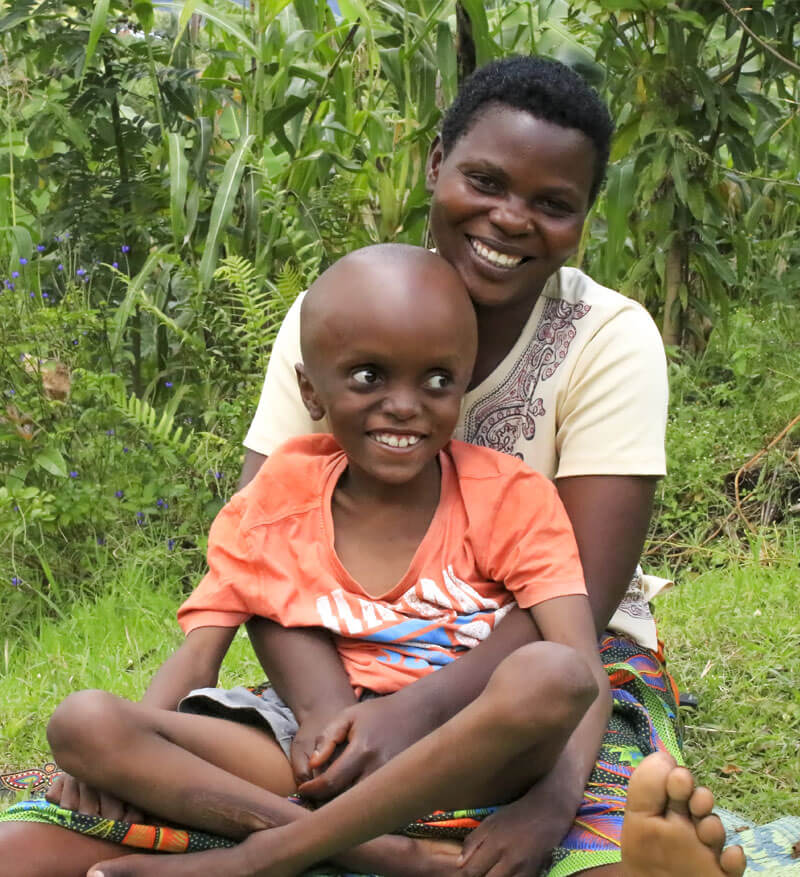
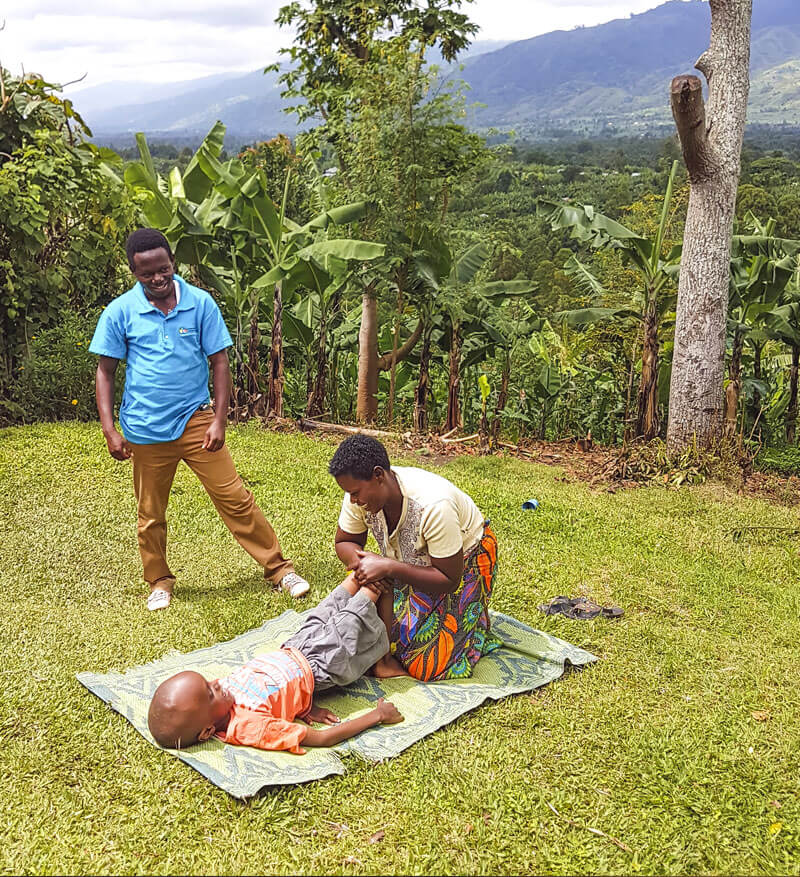
CASE INSIGHTS
There is generally little support for children with disabilities and their families, particularly in rural areas. Stronger support systems that incorporate community involvement and community-based rehabilitation (as with KCDC) lead to better physical and psychological outcomes for children with disabilities and their families. Training of health care providers in disability management throughout the entire health care system will contribute to better identification and management of children with disabilities, especially in rural areas. There is also a need to debunk existing myths that associate disability with “curses” which perpetuate stigma against children and adults with disabilities and their families. Sensitization at all levels is thus necessary.
“I thought my son was the worst but I see that I am lucky, and I have hope that he will continue to improve….. I felt so alone but I have met people who have problems and difficulties like I do and we can support each other now.”
– KCDC Beneficiary
